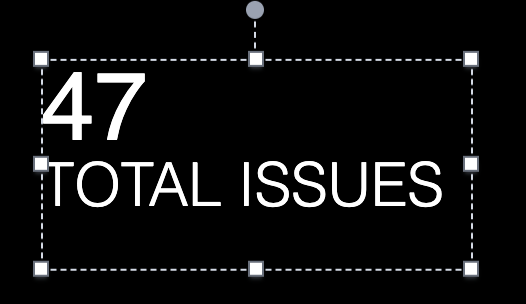expressions plugin
editexpressions plugin
editExpression pipeline is a chain of functions that pipe its output to the
input of the next function. Functions can be configured using arguments provided
by the user. The final output of the expression pipeline can be rendered using
one of the renderers registered in expressions plugin.
All the arguments to expression functions need to be serializable, as well as input and output. Expression functions should try to stay pure. This makes functions easy to reuse and also make it possible to serialize the whole chain as well as output at every step of execution.
Expressions power visualizations in Dashboard and Lens, as well as, every element in Canvas is backed by an expression.
This plugin provides methods which will parse & execute an expression pipeline string for you, as well as a series of registries for advanced users who might want to incorporate their own functions, types, and renderers into the service for use in their own application.
Examples
editBelow is an example of serialized expression for one Canvas element that fetches
data using essql function, pipes it further to math and metric functions,
and final render function renders the result.
filters
| essql
query="SELECT COUNT(timestamp) as total_errors
FROM kibana_sample_data_logs
WHERE tags LIKE '%warning%' OR tags LIKE '%error%'"
| math "total_errors"
| metric "TOTAL ISSUES"
metricFont={font family="'Open Sans', Helvetica, Arial, sans-serif" size=48 align="left" color="#FFFFFF" weight="normal" underline=false italic=false}
labelFont={font family="'Open Sans', Helvetica, Arial, sans-serif" size=30 align="left" color="#FFFFFF" weight="lighter" underline=false italic=false}
| render
[/source]
